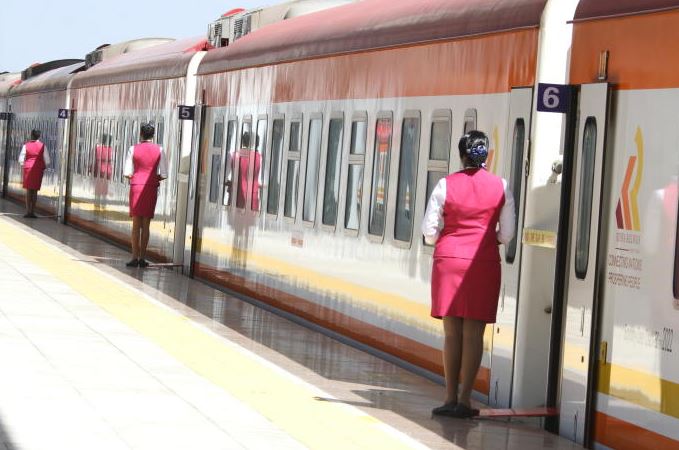×
The Standard e-Paper
Fearless, Trusted News

The Kenya Railways Corporation (KRC) entered a lopsided contract on the management of passenger operations for the Standard Gauge Railway line, exposing it to huge losses and fraud.
According to recently leaked documents in The Standard’s possession, directors of the KRC board were told of glaring anomalies in ticketing in a 2018 meeting.